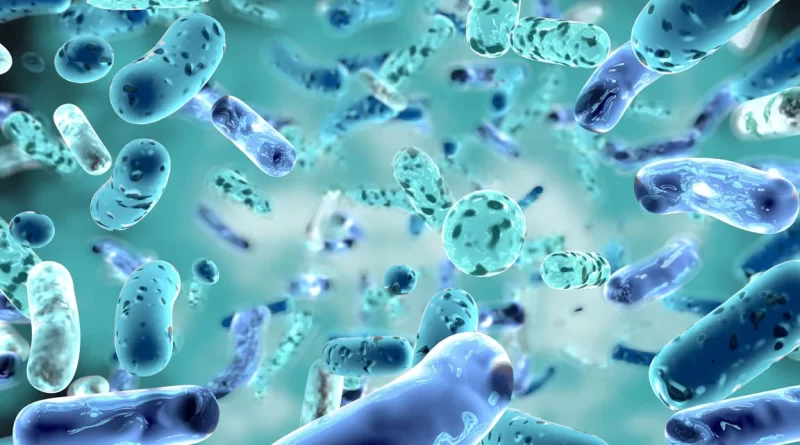What Happens to the Bacteria in Your Mouth After Wearing a Mask All Day?
Wearing a mask can have a significant impact on the bacteria present in your mouth. It is likely that the bacteria in your mouth will continue to grow and thrive, as the mask does not completely eliminate the presence of bacteria in the mouth. However, wearing a mask may help to reduce the spread of bacteria from your mouth to others, as it can act as a barrier to prevent the transmission of respiratory droplets. It is important to maintain good oral hygiene habits, such as brushing and flossing regularly, to keep bacterial growth in the mouth under control. Here is what happens to the bacteria in your mouth after wearing a mask all day:
- Reduction in oral hygiene: Wearing a mask can make it more difficult to practice good oral hygiene, as it can be harder to brush and floss properly while wearing a mask. This can lead to a build-up of bacteria in the mouth, increasing the risk of dental problems such as tooth decay and gum disease.
- Change in oral microbiome: The oral microbiome is the community of bacteria, fungi, and viruses present in the mouth. Wearing a mask can alter the balance of the oral microbiome, potentially leading to an increase in certain types of bacteria and a decrease in others. This can have an impact on oral health, as an imbalance in the oral microbiome can lead to an increased risk of dental problems.
- Dry mouth: Wearing a mask can cause dry mouth, as it can restrict airflow to the mouth and reduce saliva production. Saliva is important for maintaining oral health, as it helps to neutralize acid produced by bacteria in the mouth and wash away food particles. A reduction in saliva production can lead to an increase in bacteria in the mouth, increasing the risk of dental problems.
- Increased risk of infection: Wearing a mask can also increase the risk of infection in the mouth, as it can trap bacteria and other microorganisms in the mouth. This can lead to an increased risk of infections such as thrush (a fungal infection caused by the yeast Candida albicans) and periodontitis (a bacterial infection of the gums).
- Changes in breath odor: The bacteria in the mouth can also contribute to breath odor. Wearing a mask can alter the balance of bacteria in the mouth, potentially leading to changes in breath odor.
It’s important to continue to practice good oral hygiene while wearing a mask to help reduce the risk of dental problems and maintain overall oral health. This includes brushing and flossing regularly and using a mouthwash to help kill bacteria in the mouth. It’s also important to stay hydrated and drink plenty of water to help keep the mouth moist and reduce the risk of dry mouth. If you notice any changes in your oral health or experience any dental problems while wearing a mask, it’s important to speak with a healthcare provider or dental professional for advice.


